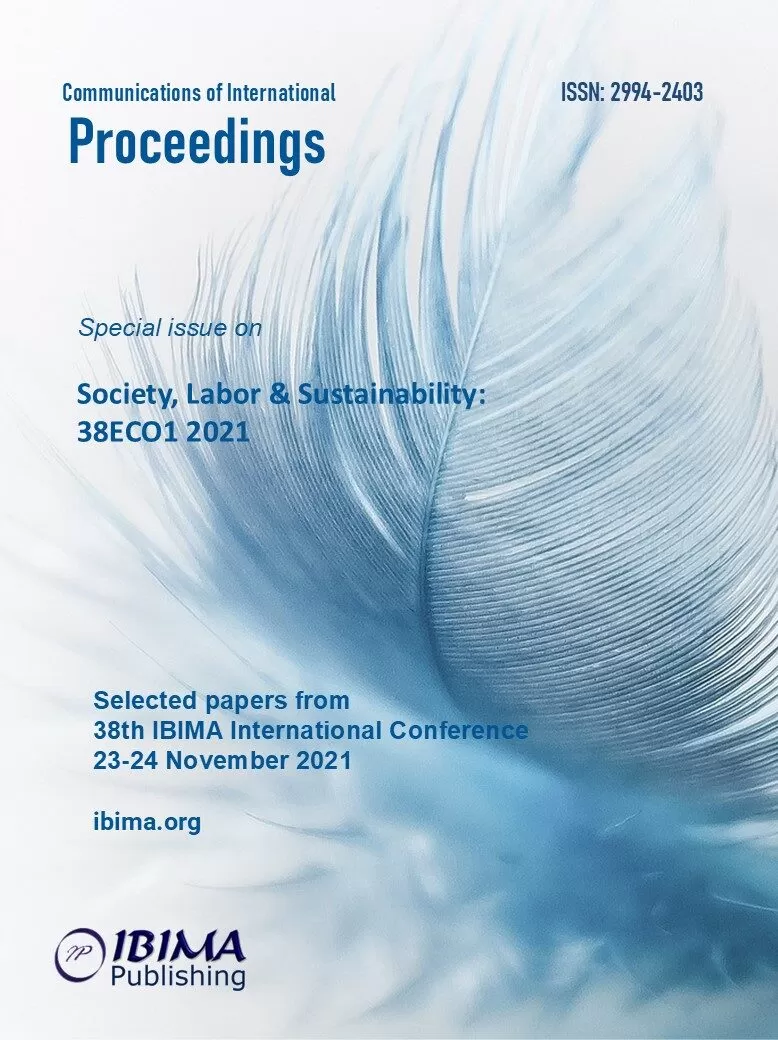

Maja JOKIEL and Grzegorz JOKIEL
Wroclaw University of Economics and Business, Wroclaw, Poland

The aim of the considerations presented in the article is to identify the role played by social enterprises in the processes of creating social values, as well as social and professional inclusion of people with disabilities in Poland and Ukraine. There are few publications that explain these aspects in relation to individual countries. The article concerns the process of shaping social enterprises in Poland and Ukraine and the role played in this process by law, organizational solutions, relations between enterprise members and supporting the prevention of social exclusion by including people with disabilities. The authors claim that the high level of awareness and knowledge of various organizational, legal, etc. solutions have a positive impact on the shaping and development of this type of enterprise. To prove this thesis, the authors conducted research on the literature on the subject, including the studies of Borzaga, which deals with similar analyzes in relation to Italy, unpublished materials, empirical research, the results of which are presented in this article. The article consists of three parts: (1) theoretical framework; (2) the aim of research; (3) presentation of basic materials of the research. The article is based primarily on an analysis of the literature on the subject and, to a small extent, on empirical research – it contains, in a descriptive form, the results of research conducted in 2016-2019 and additional content resulting from the research carried out as part of the project ‘Shaping intersectoral partnerships in the area of counteracting social exclusion of people disabled’ financed by the “INTEREKON Research Excellence Program” Mini-Grant No. RN.COBN.RID.714.2020.10MG. The research results showed that: (1) society and the respondents understand the need to create social enterprises; (2) relational factors (such as: sharing knowledge, cooperation with people involved, readiness to provide support and exchange informal information) are, according to the agreed analyzes, very important; (3) people who set up social enterprises become more aware of the benefits of collaborating in their creation; (4) social enterprises are more “visible” in Poland than in Ukraine, their role for the environment and stakeholders in Poland is much greater than in Ukraine.